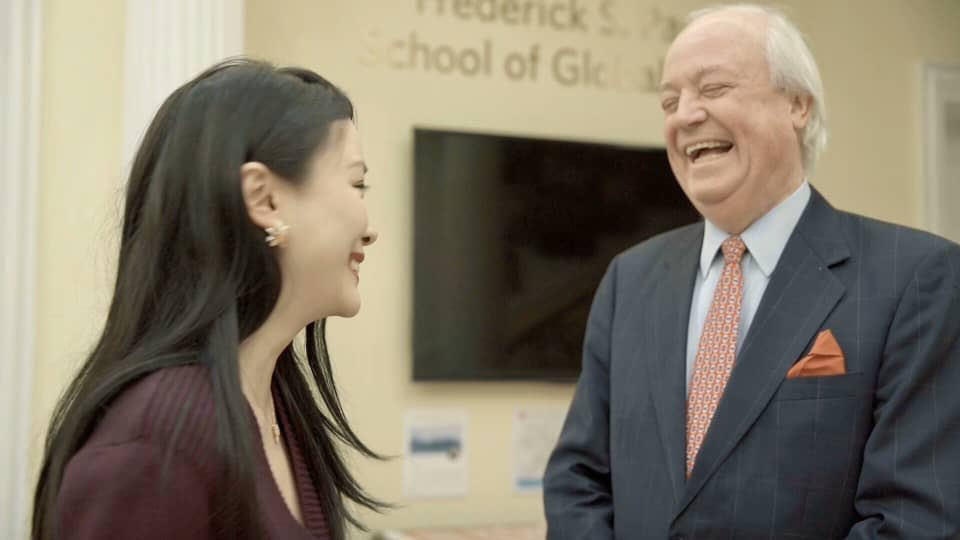Heine Discusses the Current Crisis of Multilateralism

Ambassador Jorge Heine, Research Professor at the Frederick S. Pardee School of Global Studies at Boston University, was featured in an Economic Times article, which cites his recent remarks on the roots of the current crisis of multilateralism.
The article, titled “Induction of India-Japan-Germany-Brazil in UNSC is imperative for future of multilateralism,” details a recent webinar – “Imperative of Resurrecting Multilateralism” – organized by CUTS International, an India-based global public policy think tank on trade, regulation, and governance. During the webinar, speakers discussed the importance of multilateralism in underwriting global peace, security, stability, and prosperity.
Heine questioned why the crisis of multilateralism is so deep right now, at a time when global collaboration is necessary to tackle the challenges that have emanated from the COVID-19 pandemic.
An excerpt:
‘The cause may lie in the manner in [which] globalisation has progressed over the last two decades.’ [said Heine]. ‘While it has benefitted many, there are losers too, particularly in service sectors in northern economies. This is being reflected in strong reactions against globalisation. We have to balance the means of globalisation with the needs of the common public.’
The full Economic Times article can be read here.
Ambassador Jorge Heine is a Research Professor at the Pardee School of Global Studies at Boston University. He has served as ambassador of Chile to China (2014-2017), to India (2003-2007) and to South Africa (1994-1999), and as a Cabinet Minister in the Chilean Government. Read more on him here.